Neuroscience
-
 Neuroscience
NeuroscienceBoosting a liver protein may mimic the brain benefits of exercise
Finding that liver-made proteins influence the brain may advance the quest for an “exercise pill” that can deliver the benefits of physical activity.
-
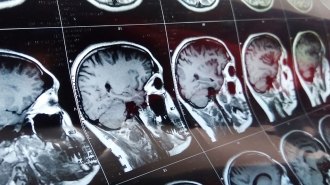 Health & Medicine
Health & MedicineStrokes and mental state changes hint at how COVID-19 harms the brain
In a group of people severely ill from the coronavirus, strokes, psychosis, depression and other brain-related changes come as complications.
-
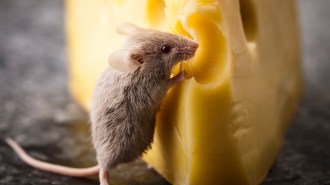 Neuroscience
NeuroscienceHow to make a mouse smell a smell that doesn’t actually exist
The ability to create a perception might lead to a deeper understanding of how the brain makes sense of the world.
-
 Neuroscience
NeuroscienceThe way the coronavirus messes with smell hints at how it affects the brain
Conflicting reports offer little clarity about whether COVID-19 targets the brain.
-
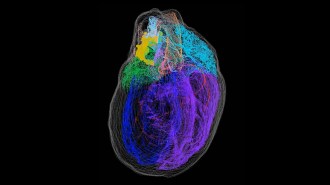 Neuroscience
NeuroscienceA new 3-D map illuminates the ‘little brain’ within the heart
Microscopy and genetic studies yield a comprehensive map of the nerve cells found in the heart of a rat.
-
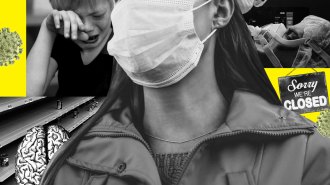 Neuroscience
NeuroscienceHow coronavirus stress may scramble our brains
The pandemic has made clear thinking a real struggle. But researchers say knowing how stress affects the brain can help people cope.
-
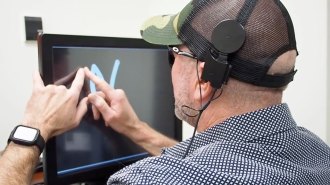 Neuroscience
NeuroscienceBlind people can ‘see’ letters traced directly onto their brains
Arrays of electrodes can trace shapes onto people’s brains, creating bursts of light that people can “see.”
-
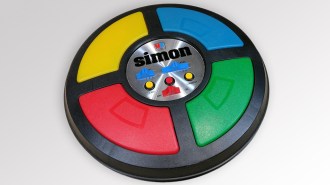 Neuroscience
NeuroscienceA game based on Simon shows how people mentally rehearse new information
Signs of learning echo through people’s resting brains.
-
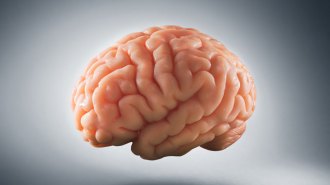 Neuroscience
Neuroscience‘The Idea of the Brain’ explores the evolution of neuroscience
Despite advances, much about the human brain is still a mystery, a new book shows
-
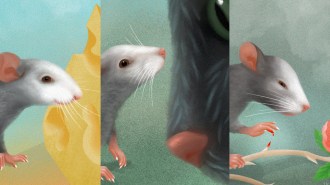 Neuroscience
NeuroscienceMice’s facial expressions can reveal a wide range of emotions
Pleasure, pain, fear and other feelings can be reflected in mice’s faces, sophisticated computational analyses show.
-
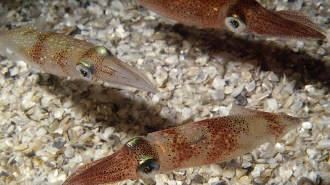 Genetics
GeneticsSquid edit their genetic material in a uniquely weird place
Some squids’ seeming ability to edit RNA on the fly could help scientists develop a technique much like the DNA-editing tool CRISPR, but for RNA.
-
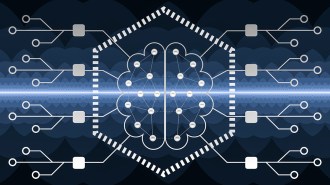 Artificial Intelligence
Artificial IntelligenceAn AI that mimics how mammals smell recognizes scents better than other AI
An artificial intelligence modeled after the neural circuitry in mammalian brains can keep learning new aromas without forgetting others.